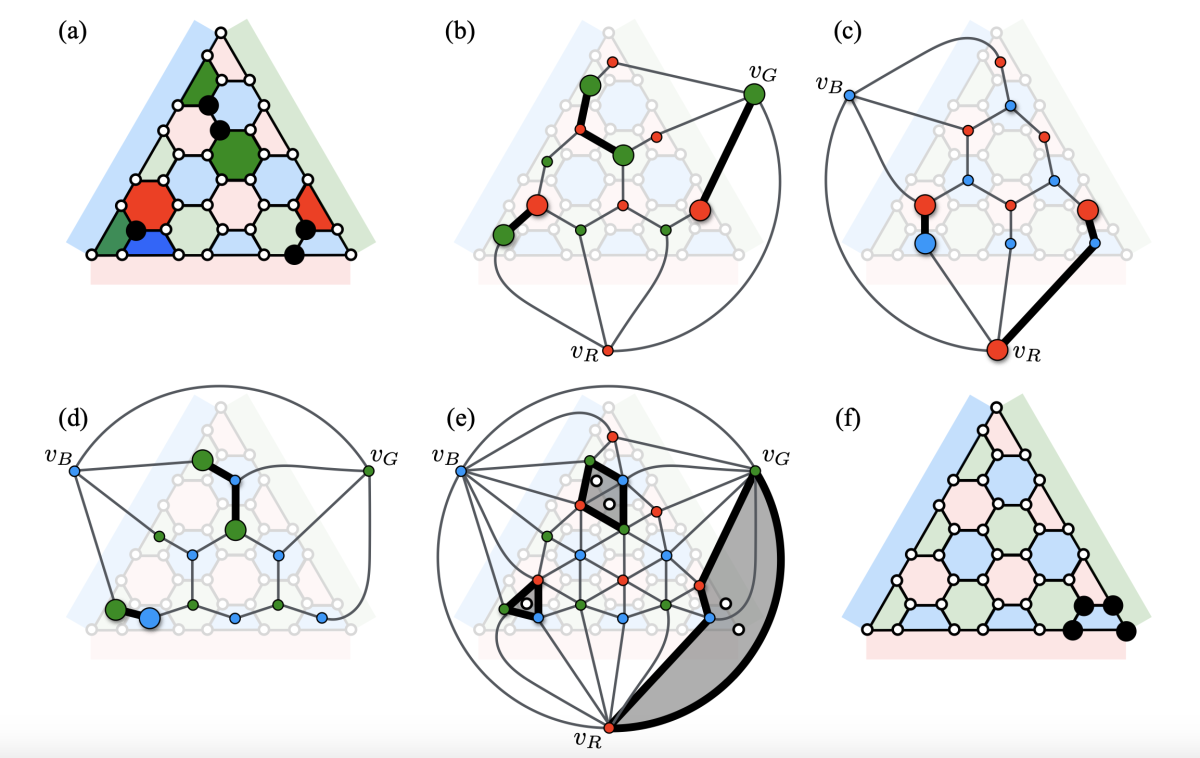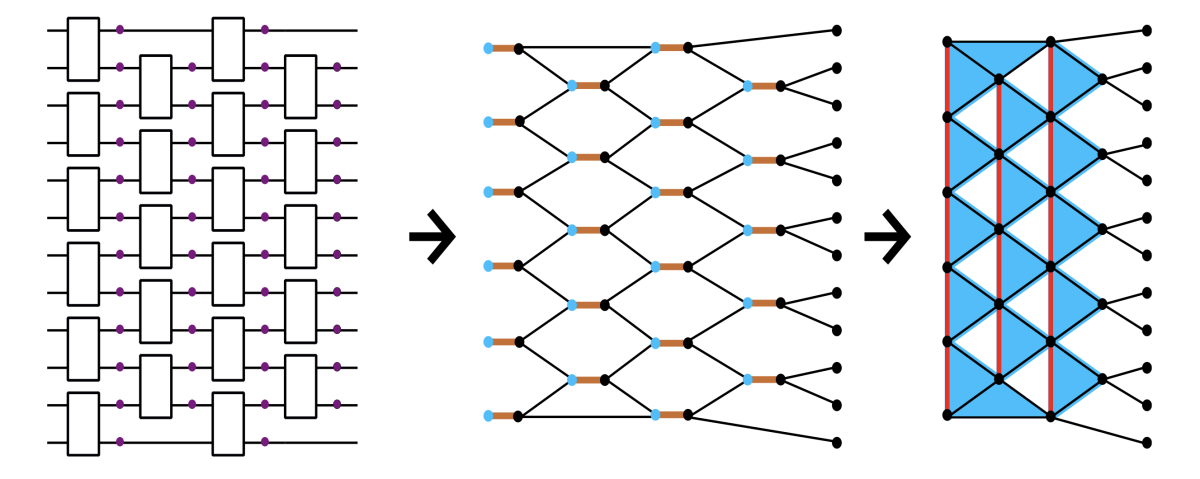Quantum computers are an emerging technology that, in the long run, promises to perform some computations much more rapidly — even exponentially more rapidly — than classical computers can. Where classical computers represent information using bits, quantum computers use quantum bits, or qubits, which take advantage of the quantum phenomena of superposition and entanglement.
In 2019, Amazon announced the formation of the new AWS Center for Quantum Computing, led by Oskar Painter, head of quantum hardware at AWS and the John G. Braun Professor of Applied Physics at Caltech, and Fernando Brandão, head of quantum algorithms at AWS and Bren Professor of Theoretical Physics at Caltech. The center began construction on a new research space on the Caltech campus last year.
Researchers affiliated with the center — including Brandão and Amazon Scholars John Preskill and Liang Jiang — are coauthors of 13 papers accepted to this week's Conference on Quantum Information Processing (QIP), the premier conference on the theory of quantum computation and information. Those papers fall into three broad categories:
Quantum error correction and fault tolerance

Because most of today's qubits are noisy (and thus error prone), quantum error correction is crucial to all existing quantum computer designs. In a classical computer, error correction involves looking at a sequence of bits that have mathematical relationships with each other and identifying bits that violate those relationships. Looking at the value of a qubit, however, destroys quantum information, so quantum error correction is even more challenging and complex than its classical analogue. These papers make progress both on the design of quantum error correction schemes and in applying the tools of quantum error correction to other fields, from quantum metrology to black-hole physics.
"The XZZX surface code"
Pablo Bonilla Ataides, David Tuckett, Stephen Bartlett, Steven Flammia, and Benjamin Brown
"The ghost in the radiation: Robust encodings of the black hole interior"
Isaac Kim, Eugene Tang, and John Preskill
"The cost of universality: A comparative study of the overhead of state distillation and code switching with color codes"
Michael Beverland, Aleksander Kubica, and Krysta M. Svore
"Quantum coding with low-depth random circuits"
Michael Gullans, Stefan Krastanov, David Huse, Liang Jiang, and Steven Flammia
Quantum algorithms and quantum computing applications

Where a classical bit can have a value of either zero or one, a qubit can have a value of zero, one, or a superposition of the two. Performing a measurement on a qubit, however, causes it to fall out of superposition. The art of designing a quantum algorithm is to encode a problem into a string of entangled qubits so that, when the qubits fall out of superposition, their values represent the solution to the problem. These papers find new use cases for quantum computers, in areas from chemistry to machine learning, and also give insights into their limitations.
"Efficient classical simulation of random shallow 2D quantum circuits"
John Napp, Rolando La Placa, Alexander Dalzell, Fernando Brandão, and Aram Harrow
"Nearly tight Trotterization of correlated electrons"
Yuan Su, Hsin-Yuan Huang, and Earl Campbell
"Random quantum circuits anti-concentrate in log depth"
Alexander Dalzell, Nicholas Hunter-Jones, and Fernando Brandão
"Fundamental aspects of solving quantum problems with machine learning"
Hsin-Yuan Huang, Richard Kueng, Michael Broughton, Masoud Mohseni, Ryan Babbush, Sergio Boixo, Hartmut Neven, Jarrod McClean, and John Preskill
"Characterization of solvable spin models via graph invariants"
Adrian Chapman and Steven Flammia
Quantum metrology and communication
Many important applications of quantum computing will depend on quantum communication, or conveying quantum information from one point to another without losing entanglement and superposition, and quantum metrology, or performing accurate measurements on quantum systems. These papers address problems in both fields.
"Enhanced energy-constrained quantum communication over bosonic Gaussian channels using multi-channel strategies"
Kyungjoo Noh, Stefano Pirandola, and Liang Jiang
"Bipartite energy-time uncertainty relation for quantum metrology with noise"
Philippe Faist, Mischa Woods, Victor V. Albert, Joseph M. Renes, Jens Eisert, and John Preskill
"Asymptotic theory of quantum channel estimation"
Sisi Zhou and Liang Jiang
"Using quantum metrological bounds in quantum error correction: A simple proof of the approximate Eastin-Knill theorem"
Aleksander Kubica and Rafał Demkowicz-Dobrzański
AWS quantum researcher wins quantum chess tournament
Aleksander Kubica, a coauthor of two papers at QIP 2021, also won last year's first-ever quantum chess tournament.

















